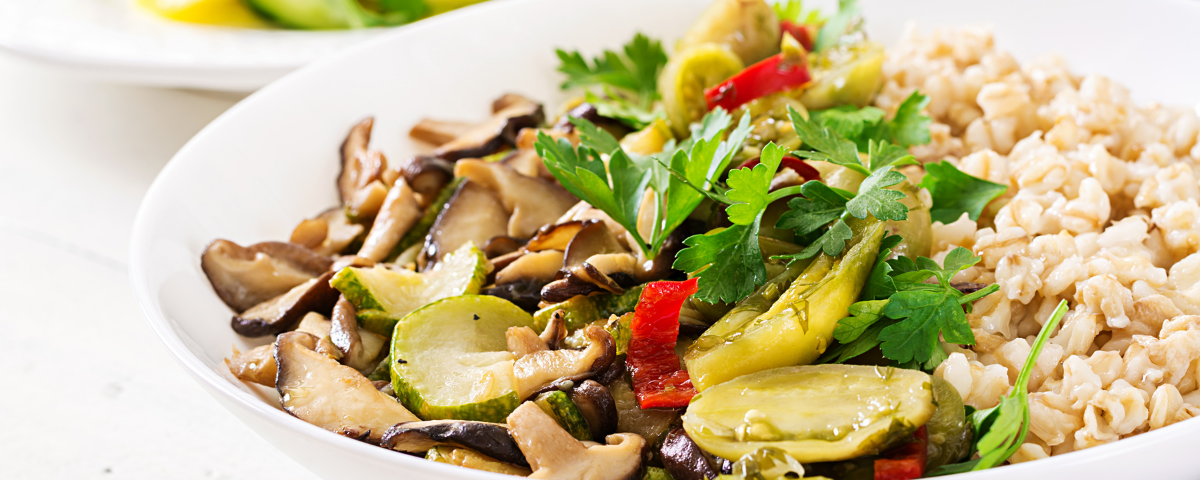If you’re like most people, you probably eat more meat than you probably should. Sure, it’s delicious, and it can even be a really good source of protein. But even the most avid meat-eater has a few meals a week where they’ll reach for the beef patties. This isn’t necessarily a bad thing, but it is something you should at least consider cutting out.
Why Should You Consider Cutting Out Meat from Your Meals?
Cutting meat from the diet can certainly help you to lose weight and keep it off, but many people are confused about why they should even consider cutting meat out of their diet. Well, not everyone needs to be a vegetarian, but cutting meat from your diet can have many health benefits. The amount of meat you eat is important because the quality and type can affect your health.
Meat is an important part of a balanced diet. It provides protein and essential nutrients as well as being a satisfying and tasty food. It is also an important source of iron, zinc, and other minerals. By eating meat instead of some other source of protein, you are encouraging the body to store more fat. Some people may want to cut out as much meat from their diet as possible, and this is a perfectly healthy and valid choice.
Are There Any Benefits for Eating Less Meat?
One of the biggest myths of eating meat is that you need to eat meat at least five times a week in order to maintain a healthy weight. As long as you’re eating meat, you’re not getting any high-quality protein. But meat is not the only source of protein, and there are many vegetarian and vegan foods that can provide all of the protein you need.
For some people, cutting meat from a few meals a week is a perfect way to reduce the risk of chronic diseases, including diabetes, heart disease, and several types of cancer. These are some of the biggest risks of a diet heavy in meat and processed foods. Cutting meat from a few meals a week can improve your overall health and wellbeing, too, not just your weight.
Can We Cut Meat All Out from our Meals?
There is a growing trend to cut down on meat in order to improve health and help the environment. After all, we produce billions of tons of the stuff each year to feed livestock, and not enough of us eat it. But should we cut it all out?
At first, the idea of cutting out meat from our diet sounds painful, especially when we get used to the taste of meat with every meal. But if you stop eating meat, it doesn’t have to be that way. There are plenty of meatless meals that are perfectly satisfying and nutritious. In fact, there are several vegetable-based types of meat that tastes as good as regular meat, so there’s really no need to go without meat completely.
Knowing the Meat Alternatives
Should you stop eating meat every day? Should you switch to a vegetarian or vegan diet? Should you eat less meat, or should you cut it out from a few meals a week? These are questions that are being debated by those on both sides of the fence. Some people argue that eating less meat is beneficial since it’s better for the environment, and you may lose weight by cutting back. Others think that cutting meat from a few meals a week is not sustainable since you will be eating mostly processed foods and fewer nutrients.
It’s hard to imagine that people used to have a full plate of meat at every meal, but you wouldn’t be surprised if you found yourself at some point in your life eating all sorts of meats. You might have some really good reasons for doing so: to save money, boost protein levels, avoid animal cruelty, or for other health reasons. But, regardless of why you eat meat, it’s best to keep a small portion of meat in your diet every so often. For example, once or twice a week, replace a portion of your meat with a plant-based protein: beans, nuts, quinoa, tofu, or legumes.
Choosing to eat fewer times a week is an easy way to save money, eat better, and avoid adding extra calories to your diet. You can even cut meat completely out of your diet and replace it with something better.
